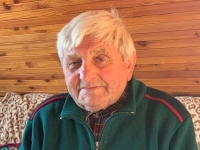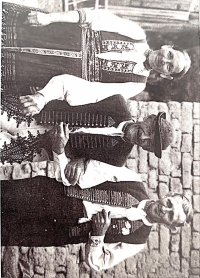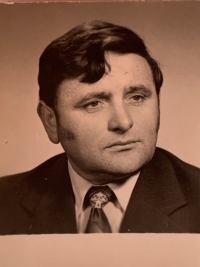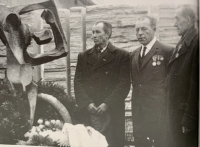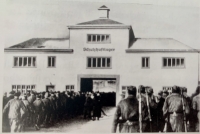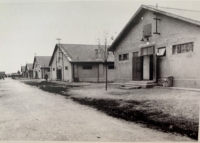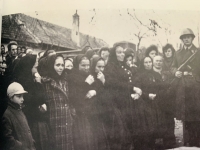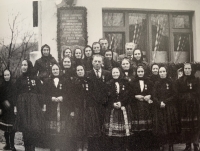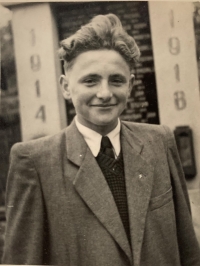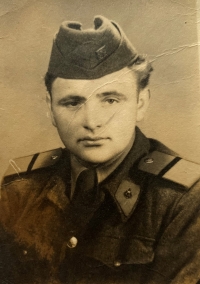Despite the horrors I try to find something nice in everything
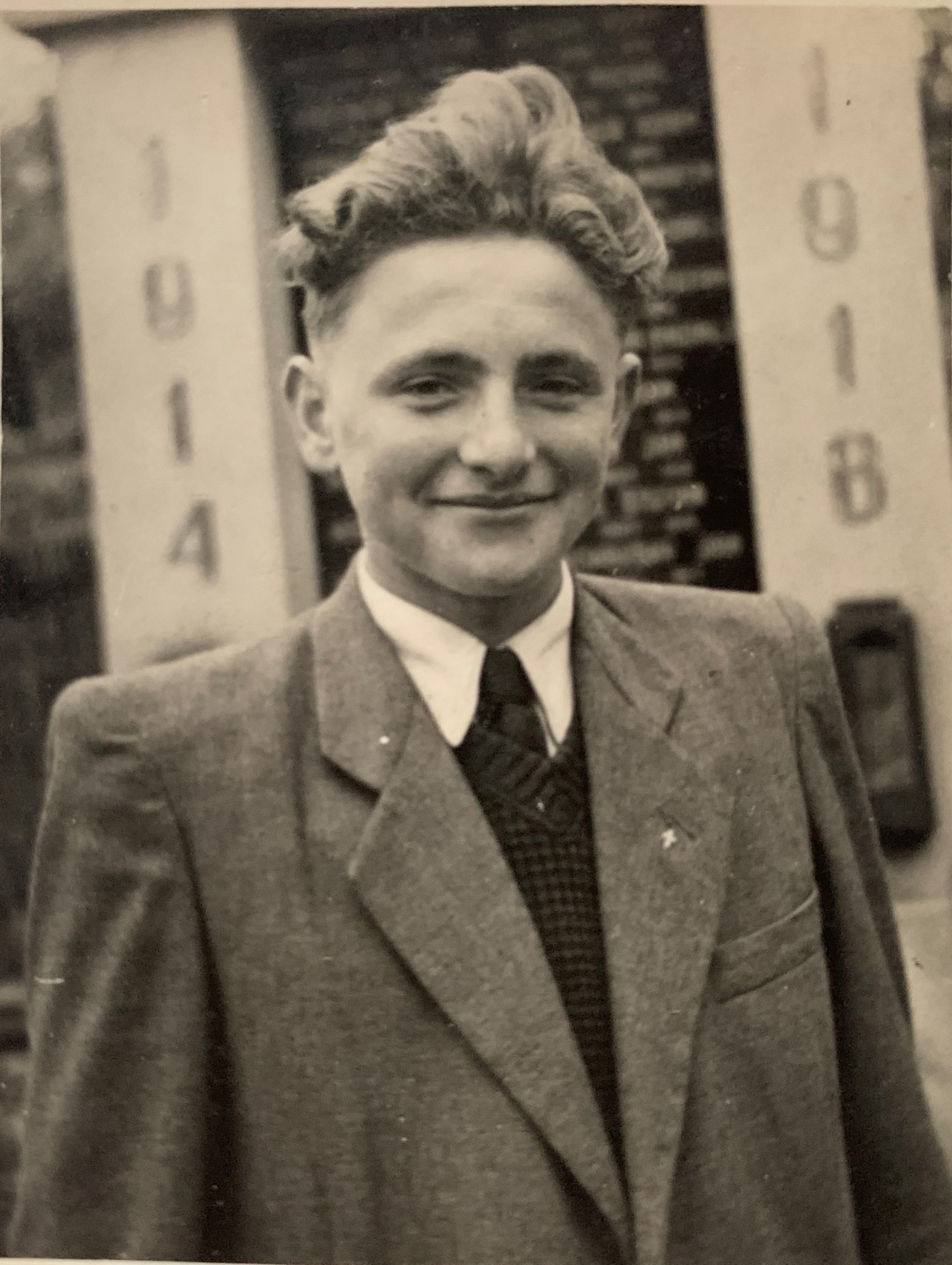
Stáhnout obrázek
Emil Letko was born on March 11, 1933 in Selec. As an 11-year-old boy, he experienced the Slovak National Uprising, hiding partisans in his village, and invasions of German soldiers. On November 30, 1944 he experienced the arrival of all the villagers, standing with the guys in a group, which was later dragged away for interrogation to Beckov and then to the concentration camp in Sered. A total of 48 men were deported to the Sachsenhausen concentration camp in Germany. After the liberation of the camp and the death march, only nine men returned home. Others were killed in German, Austrian, Ukrainian camps or were taken to Russian gulags. At the end of the war, he was twelve years old, two of the men who survived Selec tragedy with him later became his brothers-in-law. He dedicated his whole life to agriculture, for that reason he also joined the communist party. He has one son and lives with his family in Selec.
